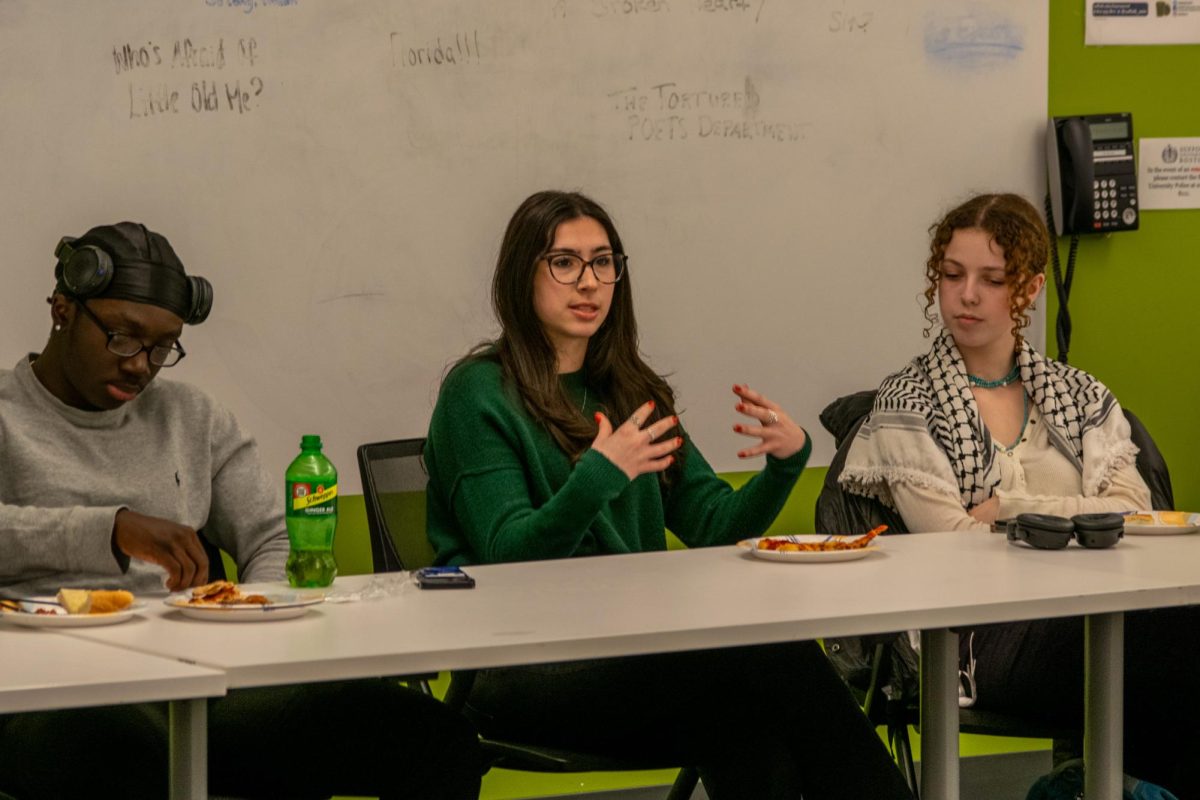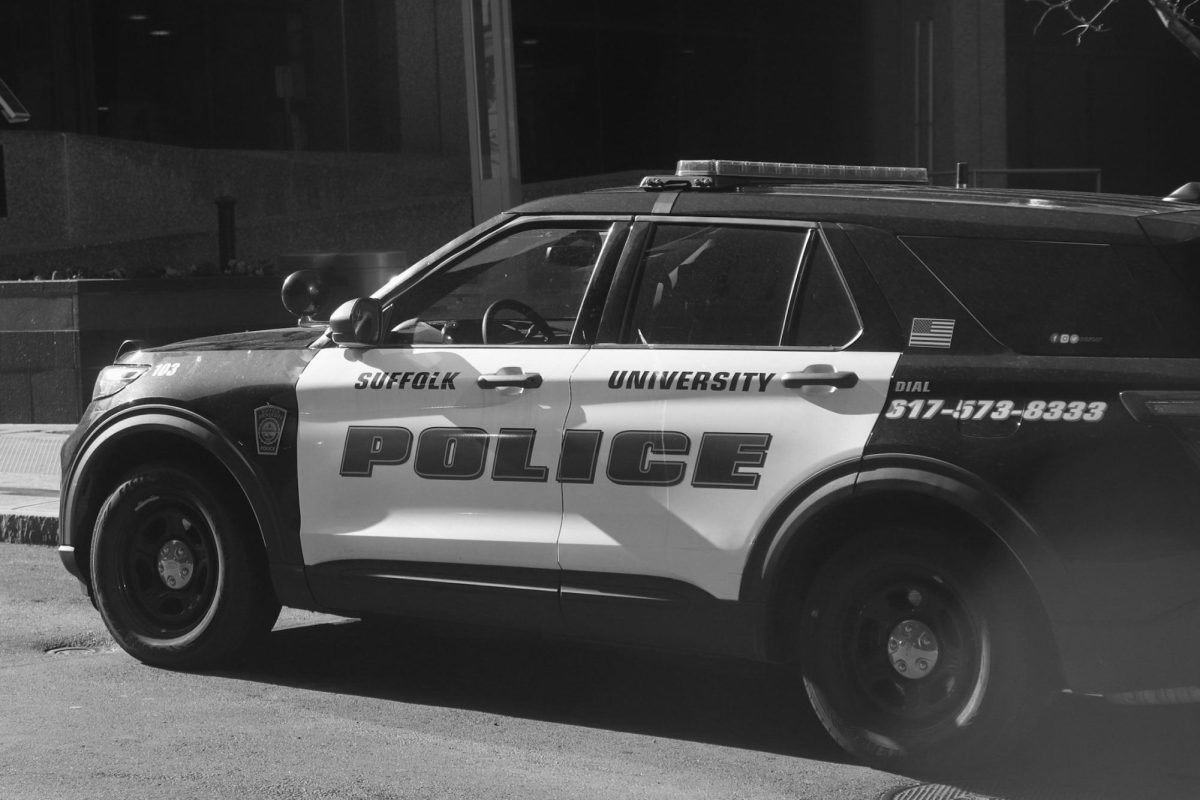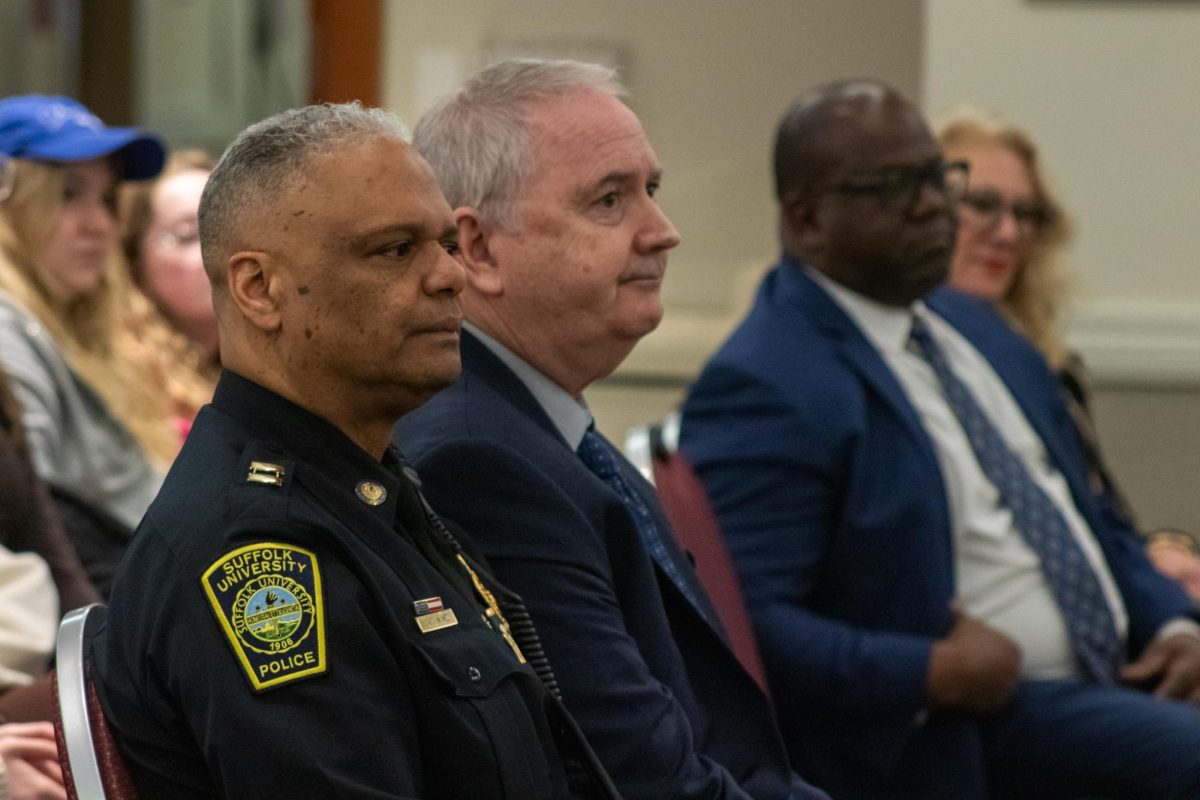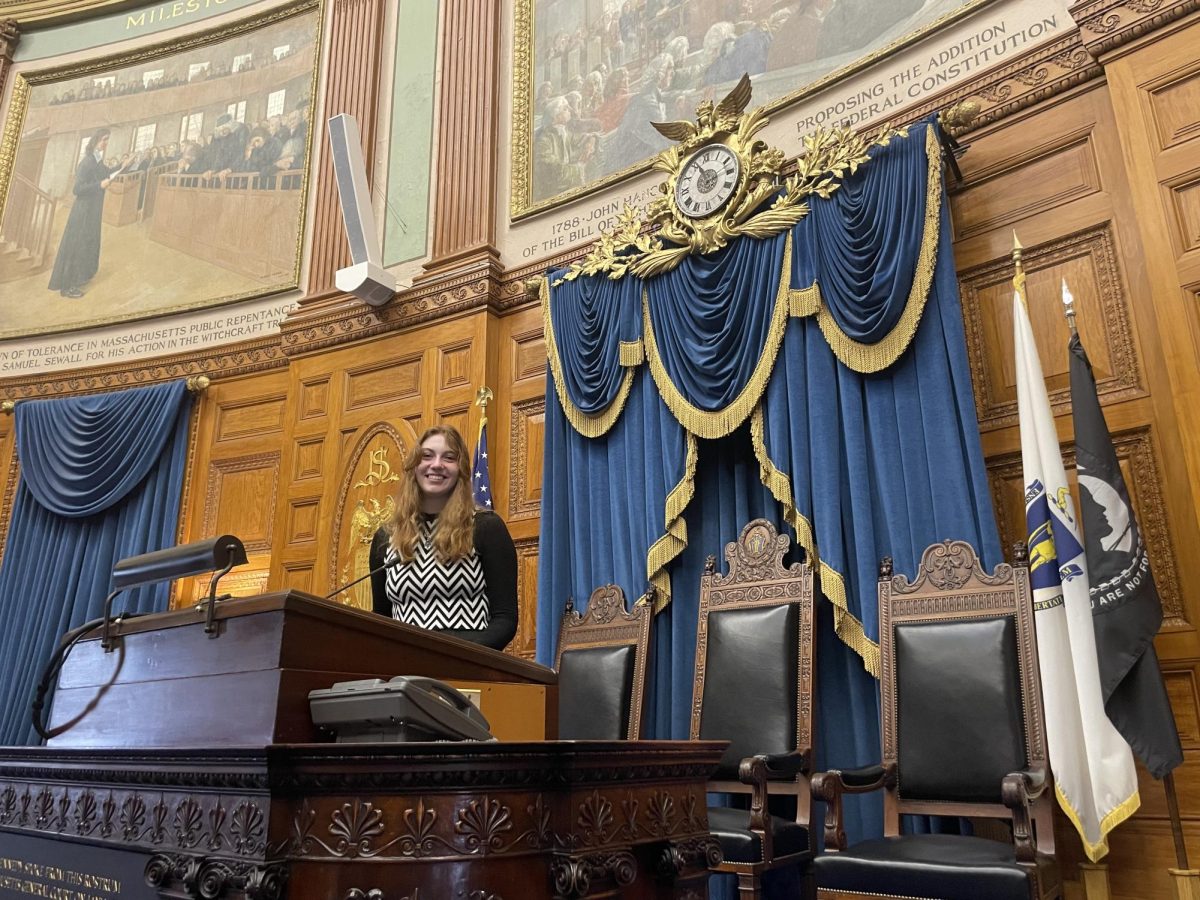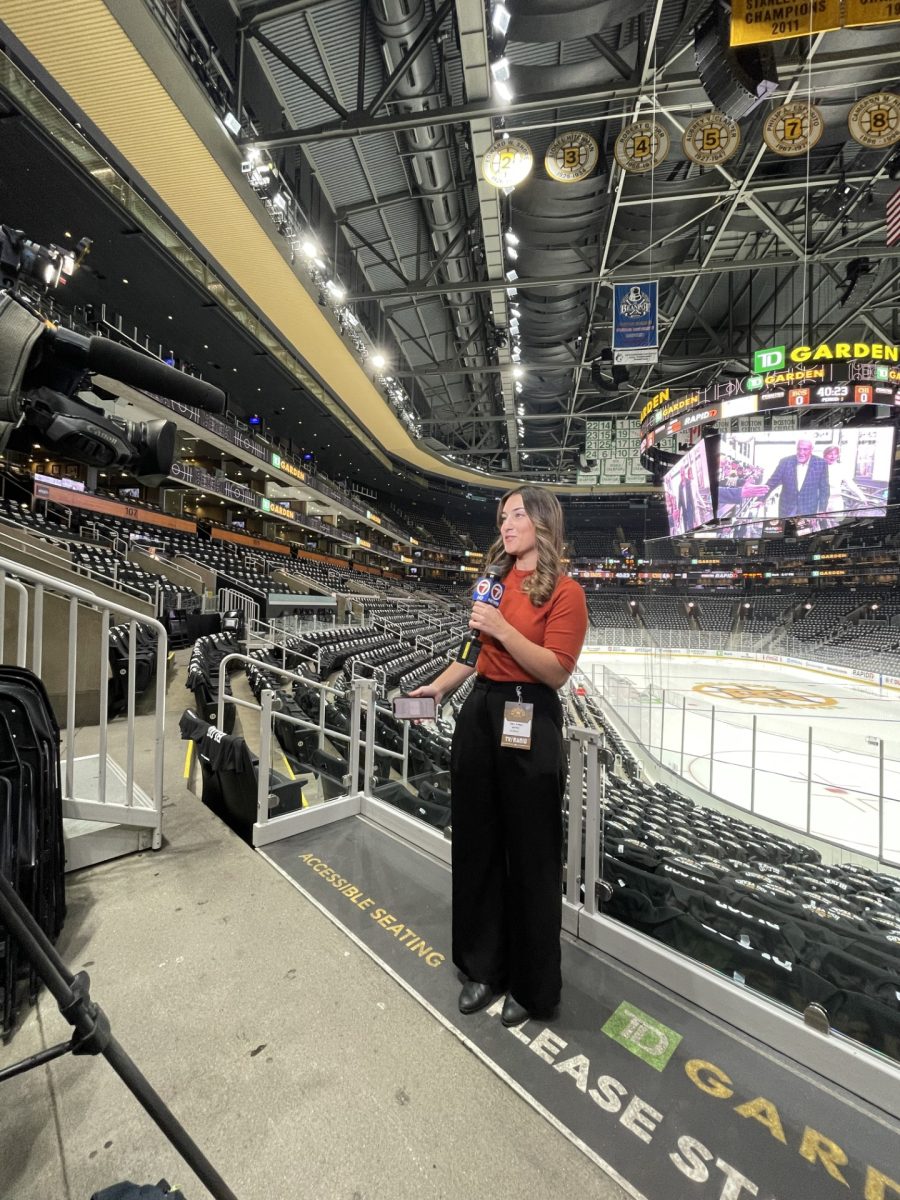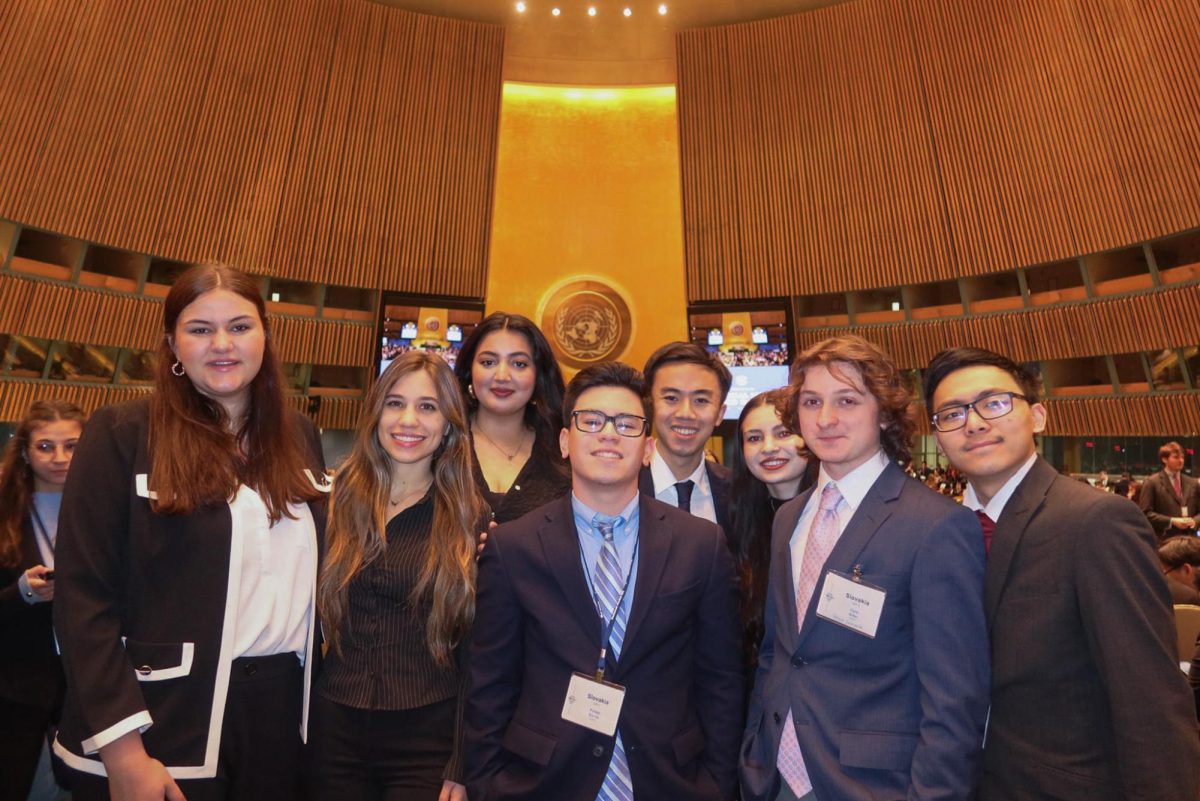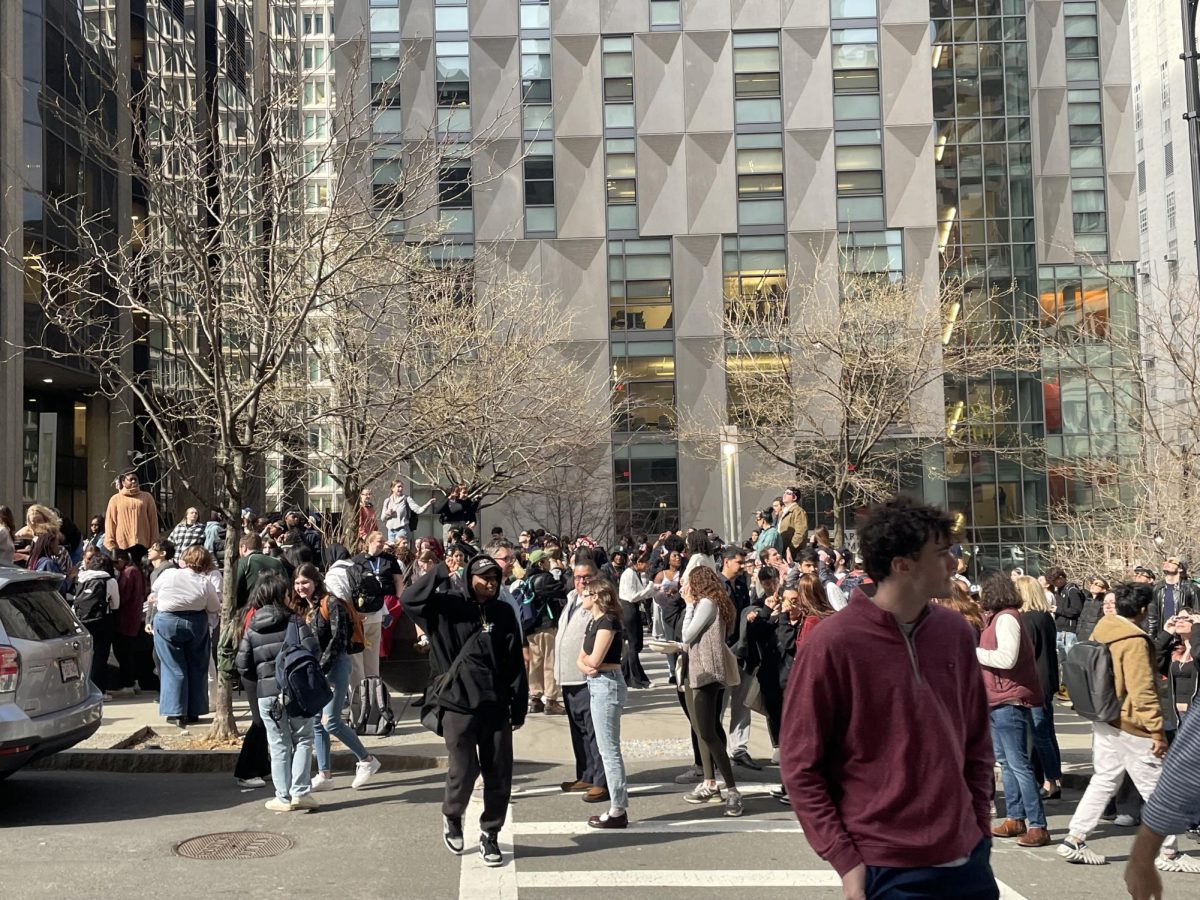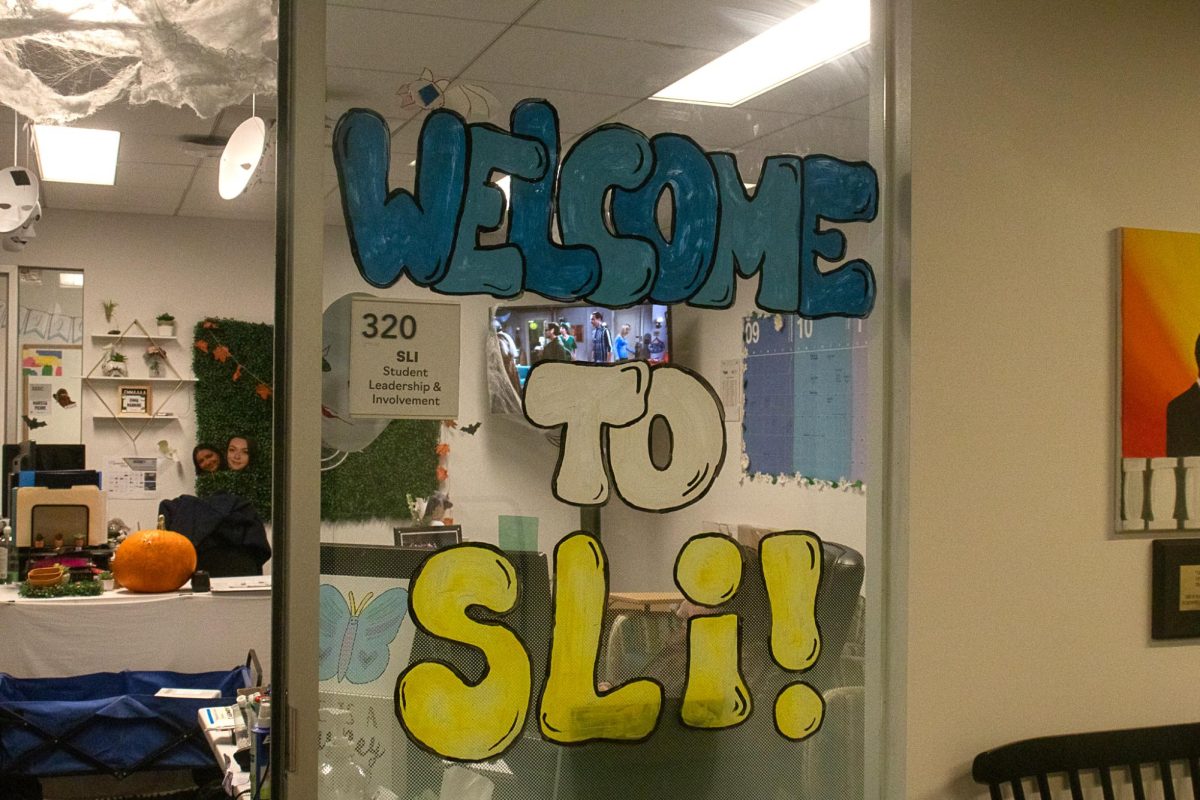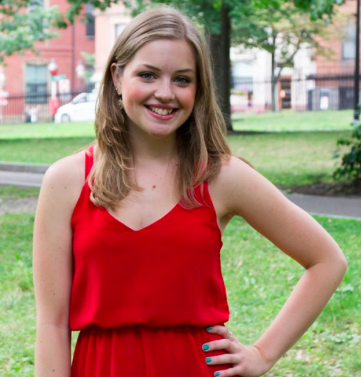Over the last year, Suffolk alumna Kalin Jordan has worked on a movement asking Suffolk University to stop accepting money from the Charles G. Koch Charitable Foundation.
Jordan has made progress raising awareness to the modest donations the conservative Koch Foundation funnels into the university, but still, a number of her questions remain.
The money the university accepts can contribute to research, think tanks on campus, and salaries, according to the director of the Beacon Hill Institute, a group who accepts Koch money.
Jordan began her campaign to make Suffolk a “Koch Free Zone” in September 2013 and said she has since collected thousands of signatures in conjunction with Forecast the Facts, a grassroots organization dedicated to researching climate change, according to its website. In the spring, Jordan met with former president James McCarthy regarding what she considered an issue of transparency and accountability. Students and alumni had no idea which donors were giving money to the university. She called for full disclosure in the form of a list of donors.
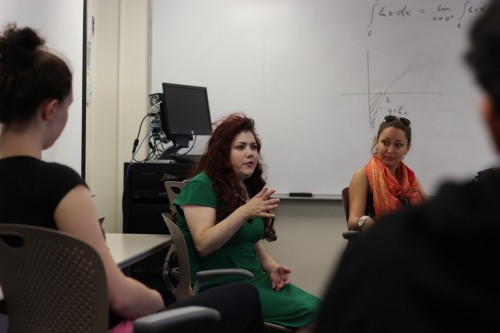
In April, the university released a list of donors, the amounts given, and what the donations went toward. At first, Jordan was pleased. But upon further examination of the document, she found what she described as a discrepancy between what the Koch Foundation gave to the university according to their 990 tax form versus what the university recorded receiving in its own document.
The Koch Foundation 990 reports that for the calendar year 2012, Suffolk University received $44,734.
But over a three-year period, the university said in its report that it accepted a total of just $33,000. That amount is $11,000 short of what the Koch Foundation said it gave in one calendar year.
Suffolk University reports receiving $16,000 from the foundation in fiscal year July 2011 to June 2012, and then $8,000 from July 2012 to June 2013. And for the current fiscal year, which began July 2014, the university reported receiving $9,000 from the foundation.
When asked about the differences between the reported donation amounts, university spokesman Greg Gatlin said in a prepared statement, “The two reports are not comparable because the University’s Office of Research and Sponsored Programs reports the total grant awarded on a fiscal year basis and the Foundation reports the portion of the grant paid on a calendar year basis.”
Though there is a difference between fiscal and calendar years which make the amounts slightly harder to compare, there appears to be thousands of dollars unreported, as the
Koch Foundation claims it gave more in one year than the university reports collecting over three.
The $16,000 from the Koch Foundation in fiscal year 2012 went to David Tuerck, the director of BHI, according to the document, for general operating costs. In fiscal year 2013, the $8,000 in Koch money Suffolk received went to Paul Bachman for a project titled “Arizona Renewable Portfolio Standard Study,” the document said. Bachman is listed as part-time faculty on Suffolk’s website. And in 2014, the $9,000 Suffolk received was said to go to Frank Conte, director of communications at BHI, for speaker series and travel, according to the document.
“My concern isn’t political,” Jordan said. “It’s down to the research … I have a problem with the good name of Suffolk University, my alma mater, being used for corporate interest.”
Tuerck, in an interview with the Journal said the reported size of donations sounded low by both Suffolk and the Koch Foundation.
Contrary to Jordan, Tuerck does not believe there is a problem with Suffolk and BHI taking that money.
“The question I have to ask is, do they want us to reject the funding because they don’t like the Koch brothers, or because they don’t want us to do the projects?” Tuerck said.
According to Tuerck, the money BHI has received can influence which studies the center will perform, but not the results of those studies.
“No person or entity that funds our studies has any influence on the results,” he said.
But Koch money does more than just support studies.
“They ignore the fact that most of the Koch money has supported staff,” Tuerck said of protestors to Koch money on campus. “Only a portion has supported BHI.”
Tuerck declined to identify which staff member was supported by money from the foundation, but added that the donation also helped support graduate students. That grant was aimed at buttressing the Ph.D. program in economics, Tuerck said, and represents 90 percent of the money the Koch Foundation has donated to Suffolk.
Koch money has also brought speakers to the university, he said.
Jordan, who thought her campaign was making headway on the issue of transparency by receiving the document, is now hoping to discover why there is a discrepancy between the documents in the first place. She has written an open letter to Suffolk President Norman Smith regarding the Koch brothers at Suffolk University.
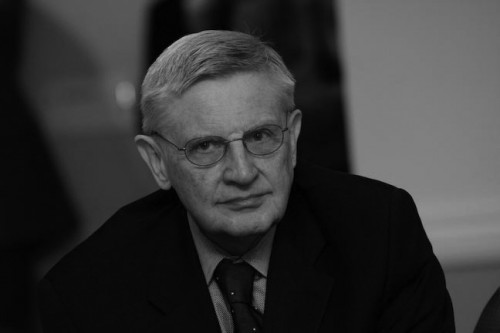
A Suffolk Journal reporter asked Smith in an interview if there was a reason the amounts would be reported differently by the foundation and the university.
“I don’t really intend to retrace everything that happened in every category over the past five years so I can answer detailed questions like that,” Smith said. “I can’t even find enough time to deal with everything I have to be dealing with that is going forward.”
Smith also said he knows very little about the history of donations from The Koch Foundation to the university and would not comment because he was not here at the time the donations were accepted. However, on the subject of donations to the school in general, Smith said the main criteria considered is how the donor wants the money to be used.
“As long as the money is being put to a use that betters the quality of the things that we stand for, why should there be any other consideration?” the president asked. “If the money isn’t going to be spent there, it is going to be spent some other way.”
But that is what Jordan, and an employee of Greenpeace, an organization that addresses environmental concerns, have a problem with.
Connor Gibson of Greenpeace, as a researcher who said he tracks the influences of corporations, took interest in why Suffolk accepts money from The Koch Foundation.
Jordan and Gibbons have worked in collaboration on a website, unkochmycampus.org, that addresses the money The Koch Foundation gives to universities and colleges, and whether that influences education.
Jordan has recently started working with Suffolk’s environmental club in order to bring more attention to the relationship between the Koch brothers and Suffolk University.
Tuerck declined to identify which studies Koch has supported at BHI, but said there are no current Koch-funded projects.
Last year, The Guardian newspaper reported that Suffolk University stopped a study by BHI regarding the Regional Greenhouse Gas Initiative.
The Guardian wrote, “The institute, based in the economics department of Suffolk University, had sought $38,825 to carry out an economic analysis that would aid efforts to weaken or roll back a five-year effort by states in the north-east to reduce carbon pollution, known as the Regional Greenhouse Gas Initiative.”
According to The Guardian, the BHI proposal said success in the project would result in the roll back or cancellation of RGGI.
Suffolk spokesman Greg Gatlin told The Guardian in the December 2013 article that the proposal by BHI was “inconsistent with Suffolk University’s mission” and was not authorized.
Tuerck said he could not recall any details of the project because he did not receive the funding for it. He also said that he and Gatlin had cleared up that issue and that the proposal was stopped indefinitely.
Though the study was never undertaken, and though BHI is not currently working on any Koch-funded projects, the institute is still working on other proposals, Tuerck said, and studies in which use money from donors.
“We’re still doing these studies,” Tuerck said. “The university is still approving these studies.”




